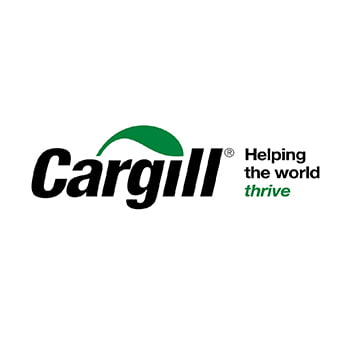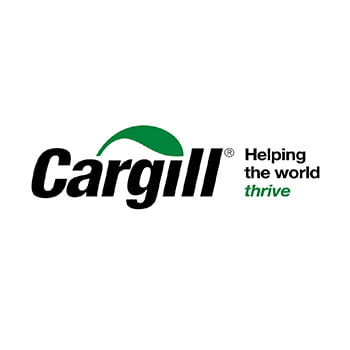Cargill’s 2023 Mycotoxin Report: Insights for Enhancing Livestock Health
Introduction to the Mycotoxin Threat
Mycotoxins, toxic substances produced by fungi, pose significant risks to livestock health and productivity. Cargill, a global leader in animal nutrition, recently published its third annual Global Mycotoxin Report. This 2023 edition not only marks a continuity of efforts but also includes significant enhancements, such as the inclusion of forage analyses, making it a comprehensive resource for all livestock species.
Expansive Data Collection Enhances Mycotoxin Insights
The report is based on an extensive dataset comprising 360,000 analyses from 145,000 raw material samples collected across 43 countries from at least 150 feed plants. This year, the report was enriched with over 17,000 analyses specifically focused on forages, providing a clearer picture of the risks mycotoxins pose to ruminants as well as other livestock.
Regional Specificity and Mycotoxin Prevalence
One of the key advancements in this year’s report is the detailed breakdown of mycotoxin contamination levels by region and country. This localized approach helps in understanding the specific risks and challenges faced by farmers in different parts of the world. The 2023 findings show a slight decrease in overall contamination levels compared to the previous year, with 70% of the samples testing positive and 37% exceeding Cargill’s defined performance risk thresholds.
The Most Critical Mycotoxins Identified
The report highlights three primary mycotoxins that require vigilant monitoring due to their prevalence and associated risks: Deoxynivalenol (also known as DON or Vomitoxin), Fumonisin (FUM), and Zearalenone (ZEN). Interestingly, while there was a 7% increase in FUM analyses surpassing risk thresholds, the prevalence of DON and ZEN actually decreased by 1% and 9%, respectively.
Multi-Mycotoxin Exposure and Its Implications
A concerning insight from the report is that 78% of the analyses detected the presence of three or more mycotoxins in a single sample, indicating a high frequency of multi-mycotoxin contamination. This underscores the complexity of mycotoxin management and the need for robust risk assessment and mitigation strategies.
Impact on Livestock and Production
The presence of mycotoxins in feed can lead to a variety of health issues in livestock, including immune system degradation, reduced nutrient absorption, and lower vaccine efficacy. Subclinical effects such as reduced feed intake, fertility issues, and diminished production of meat, eggs, or milk are also significant. For dairy cows, particularly those in transition, the combination of mycotoxins and other stressors can be particularly harmful.
Regulatory Standards and Performance Thresholds
Cargill utilizes established regulatory detection levels to set performance thresholds that signal when the mycotoxin contamination may start impacting animal health visibly. This approach is vital for maintaining animal welfare and operational profitability.
Strategic Mycotoxin Risk Management
The Mycotoxin Impact Calculator featured in the report allows for a precise estimation of performance losses due to mycotoxins, based on real-time data and the specific conditions of each farm. This tool aids in making informed decisions about whether to implement mitigation measures, such as the use of feed additives.
The Role of Anti-Mycotoxin Additives
With the report’s detailed analysis, farmers and their advisors can better assess the need for anti-mycotoxin additives, determining the most effective products and dosages based on the type of mycotoxin and the level of contamination. This targeted approach helps in optimizing livestock health and productivity.
Conclusion: Proactive Measures for Mycotoxin Management
Clement Soulet, the Global Anti-Mycotoxin Agent Category Manager at Cargill, emphasizes that the report is designed to equip farmers and their advisors with the necessary information to implement proactive and effective control plans against mycotoxins. As Cargill continues to expand the scope and depth of its analyses, the agricultural community can expect even more precise and actionable insights in future editions of the report. This ongoing commitment not only enhances animal health but also supports sustainable and profitable farming practices worldwide.
World Mycotoxin Report can be found by emailing: mycotoxins@cargill.com.
Related: Cargill’s Bold Step Towards Renewable Energy

Source


